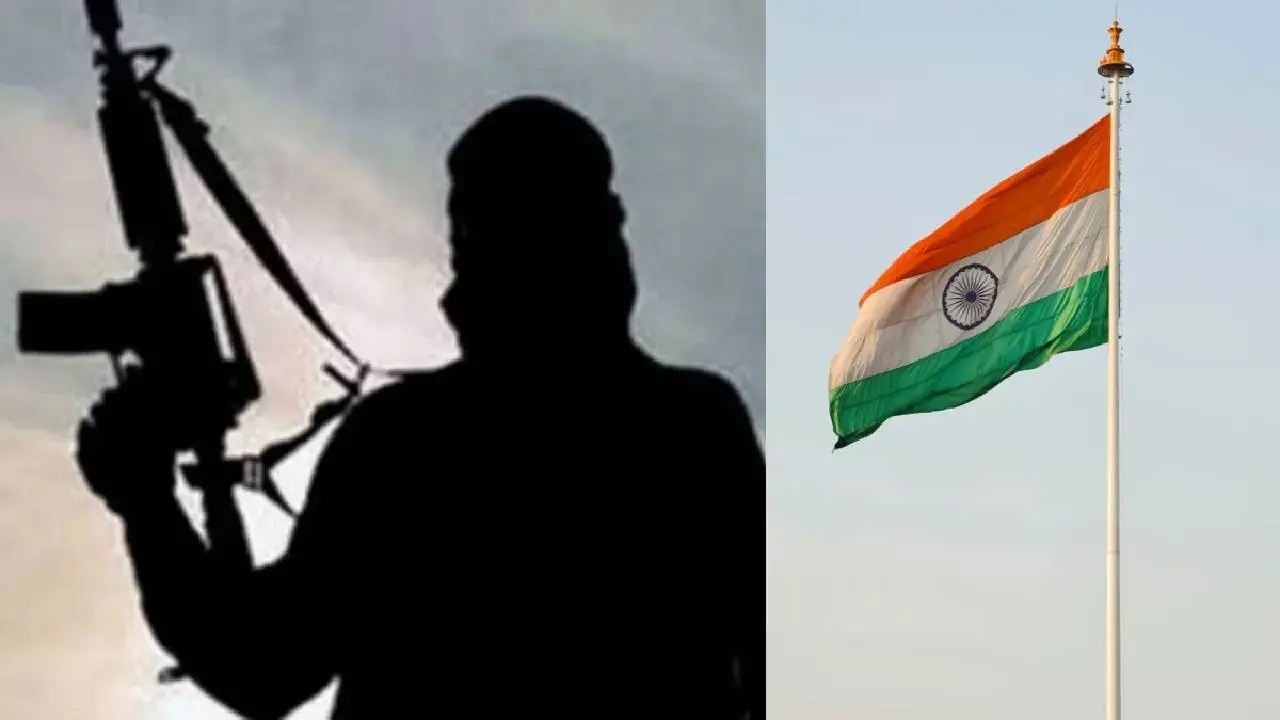
In Indians kidnapped
International News: Three Indian nationals have been kidnapped from the premises of Diamond Cement Factory in Kayes, western Mali, in a well-planned assault by unidentified armed militants. The incident occurred on July 1st, when a group of gunmen entered the compound and forcibly took the workers away in vehicles, exploiting the region's loose security structure. The victims were working on long-term contracts at the plant and had been living in company-provided housing nearby.
Eyewitnesses claim the attackers moved with tactical precision and offered no explanation. The company informed Indian authorities soon after the incident was confirmed by local security forces.
This kidnapping comes as Mali suffers a devastating series of terrorist attacks across various towns, including coordinated assaults on police posts and government installations. On Tuesday alone, militants carried out several operations in different regions of the country, causing multiple casualties and widespread fear among citizens. The country’s security forces, already stretched thin by ongoing insurgencies, have struggled to contain the new wave of violence.
Diplomatic missions, including India’s, are now reevaluating their citizen safety protocols. The Western region, previously considered more stable, has now turned volatile due to growing extremist presence.
No militant outfit has so far taken direct responsibility for the abduction of the Indian nationals, but suspicion naturally points toward Jama’at Nusrat al-Islam wal-Muslimin (JNIM), the Al-Qaeda-linked group that has claimed Tuesday’s broader attacks. JNIM has a long record of targeting foreign workers for political messaging or ransom. However, without any public claim or video, intelligence agencies remain cautious about linking the two incidents directly. Some experts suggest this may be a splinter cell acting independently. India is also exploring the possibility that the kidnapping was motivated by economic ransom more than ideology.
India’s Ministry of External Affairs (MEA) released a statement expressing deep concern over the abduction and urged Mali’s transitional government to ensure the safe and immediate release of its citizens. Officials from the Indian Embassy in Bamako are in constant contact with local authorities and are pressing for rapid action on the case. Indian diplomatic channels in neighbouring African countries have also been alerted for cross-border intelligence cooperation. Families of the abducted workers in India have been contacted and assured of all possible support. This is now being treated as a top-priority case by the government.
The abduction has turned into a litmus test for India’s growing Africa outreach, especially in West African nations like Mali, where Indian companies have significant presence. Over 8,000 Indian nationals currently live and work across the African continent, many of them in high-risk industries like infrastructure and mining. With India aiming to counter China’s influence through deeper economic ties, such incidents risk undermining the safety narrative India wants to project. The Ministry may now review its policy on worker deployment and the need for private security arrangements. Global partners are watching how India navigates this crisis.
This isn’t the first time Indian nationals have been targeted in high-conflict zones. Similar abductions have occurred in Libya, Nigeria, and South Sudan in the past decade. Experts warn that Indian workers, often unarmed and exposed, have become soft targets for militia groups and terrorist factions. In many cases, abductors demand hefty ransoms or political leverage. The frequency of these incidents has increased, despite repeated advisories from the Indian government urging caution. Companies too are being urged to conduct rigorous risk assessments before posting employees abroad.
As the crisis unfolds, many critical questions remain unanswered: Who exactly kidnapped the three Indian workers? Are they being held for ransom, negotiation, or propaganda? What kind of coordination, if any, exists between the terror groups and local elements? Why was the factory security so vulnerable despite being in a conflict zone? And most importantly—how fast can India’s diplomatic machinery deliver results in such a dangerous environment? These questions are now dominating security briefings in New Delhi and Bamako alike.





Copyright © 2026 Top Indian News
